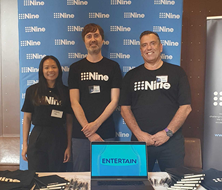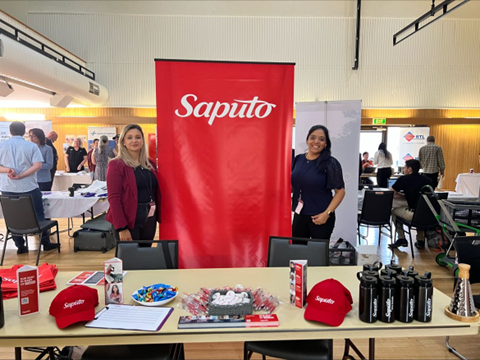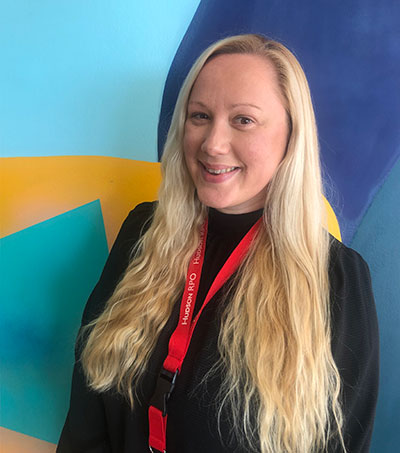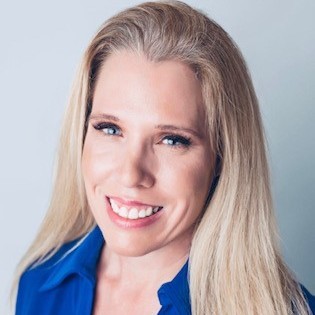- Blogs & Articles
The role of the office in the new world of work
The world of work continues to undergo rapid transformation with employers facing numerous significant shifts; including hybrid working, the great resignation, quiet quitting, and a two year low in employee wellbeing. Now, there is renewed focus on returning employees to the office.
In this blog post, we delve into the role of the office in the new world of work and explore the diverse perspectives and considerations that shape this transition. Navigating the return to the office requires employers to strike a balance between maintaining their culture, promoting productivity and collaboration, and attracting and retaining talent. What is clear as we explore the current landscape, is that there is no one-size-fits all solution.
What is driving the return to work in ANZ?
Before exploring the role of the office in the new world of work, it is essential to understand the driving factors behind this shift. Contrary to popular belief, Hudson RPO polls revealed that 70% of respondents’ stated that the return to work was primarily about collaboration, employee morale and culture, rather than productivity monitoring.
Additionally, our polls highlighted that the return to work is largely driven by the C-suite, showing that leadership sees the office as a crucial element for maintaining collaboration, culture, and team dynamics. Seven out of 10 Australian employers expressed a desire to see their employees in the office more often, indicating that even after the rise of remote and hybrid work settings, the value of face-to-face interactions and a shared physical space is still considered key in fostering teamwork and a strong company culture.
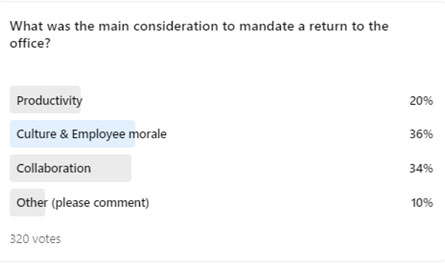
What the return looks like
According to predictions, 90% of companies in Australia and New Zealand will require employees to return to the office in 2023, even for those currently on hybrid schedules. Within the next six months, it is anticipated that:
- 13% of companies will shift to full-time in-office work,
- 40% will require four days a week,
- and 31% will require three days a week.
This indicates a shift towards a more office-centric working model, with organisations seeking to strike a balance between remote and in-person work. As fully embedded talent experts, we have witnessed a wide range of approaches taken by businesses when implementing a return to work in their respective industries. These experiences offer intriguing perspectives and present insightful challenges for organisations to navigate:
- Mandating or recommending a return
One noticeable distinction we have observed is the varying approaches to mandating or recommending a return to the office. Outside of our own observations in the market, the Commonwealth Bank and NAB are amongst those making the headlines with their plans to return. While some employers have mandated a full return to work, others have opted to encourage their teams through value-added initiatives. For example, implementing designated team days in the office where the entire team gathers for meetings and collaborative sessions. In some cases, employers have mandated a return without strict monitoring, allowing employees greater autonomy and flexibility.
Considerations for mandating the return to work also differ across industries. Certain sectors, such as those involving shift work or requiring strict security measures or face-to-face client interactions, have traditionally had limited flexibility in terms of work location. Consequently, the decision to mandate a return to the office may be more prevalent in these industries.
- Number of days in office
The number of days mandated for in-office work also varies. Some organisations have embraced hybrid work models, advertising roles as hybrid to attract a broader pool of applicants, while still limiting remote work to just one day per week. Other companies have adopted a more flexible approach, requiring a certain percentage of office presence every fortnight or month, allowing employees greater freedom in shaping their work-home balance.
Interestingly, companies that have mandated more days in the office have experienced a higher drop-out rate among candidates during the hiring process. This observation was also reflected in recent research by Unispace, which found that 42% of companies that mandated a return now report higher levels of attrition. It appears that the desired balance for many candidates is three days of remote work and two days in the office. Organisations that have enforced a full return to the office have encountered increased turnover rates as employees seek alternative opportunities offering more flexible work arrangements.
- Challenges returning
Facilitating the return to the office has posed its own set of challenges for organisations. Some employees returning to the office have struggled to find available workspace, leading to a sense of disarray and frustration. Additionally, employees working in the office have had to manage calls with colleagues who continue to work remotely, presenting communication and collaboration hurdles. Furthermore, certain roles have been explicitly advertised as “fully remote” during the pandemic, rendering them exempt from the return-to-office mandate. However, companies still open to hiring fully remote employees often require an approved business case to justify this arrangement.
These observations highlight the complex and multifaceted nature of the return-to-work transition. Organisations must carefully consider industry-specific requirements, employee preferences, and the potential impact on talent acquisition and retention.
Implications for talent
The return to the office has generated mixed responses from the talent market. While some employers view it as an opportunity to strengthen team culture, it has resulted in a trade-off for quality candidates. Some individuals prefer total remote working, while others are open to more flexible options, such as fewer days in the office. This is particularly true for talent currently working on remote schedules. Our online polls, capturing almost 1,000 responses, revealed that 53% of employees would consider leaving the company if mandated to return to the office. Another 26% stated that they would choose to leave immediately under such circumstances.
These statistics underscore the need for employers to carefully consider their return-to-work strategies and communicate clearly with their employees about the reasons behind their decisions. Addressing employee concerns and ensuring their voices are heard is vital to retain top talent. Flexible work arrangements continue to be a top priority for employees in Australia, as reflected in LinkedIn’s 2023 Talent Trends report, which identifies compensation and benefits, flexible work arrangements, and job security as the top three priorities.
No one-size-fits-all solution
As the world of work evolves, organisations must adapt to ongoing trends and find the right balance for their return-to-work strategies. There is no one-size-fits-all solution, as each company has unique dynamics, culture, and employee preferences. It is crucial for employers to consider the diverse needs and expectations of their talent pool. By addressing concerns, communicating clearly, and fostering a supportive environment, organisations can navigate the return to work successfully while retaining top talent. To discuss what returning to work would mean for your talent attraction and retention, talk to one of our talent experts today.

Hudson RPO
Content Team
The Hudson RPO Content Team is made up of experts within the Talent Acquisition industry across the Americas, EMEA and APAC regions. They provide educational and critical business insights in the form of research reports, articles, news, videos, podcasts, and more. The team ensures high-quality content that helps all readers make talent decisions with confidence.
Sign up to receive the latest recruitment insights and Hudson RPO news.








